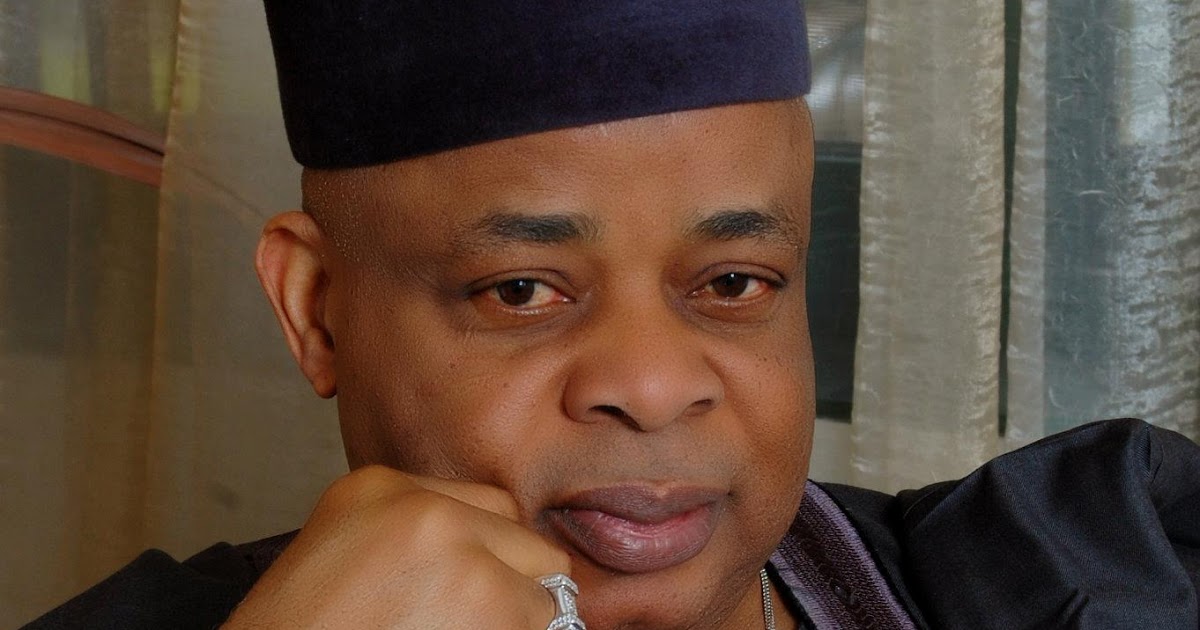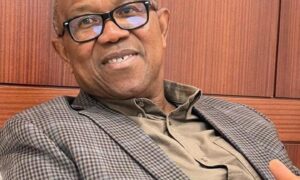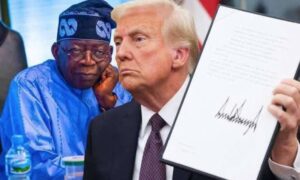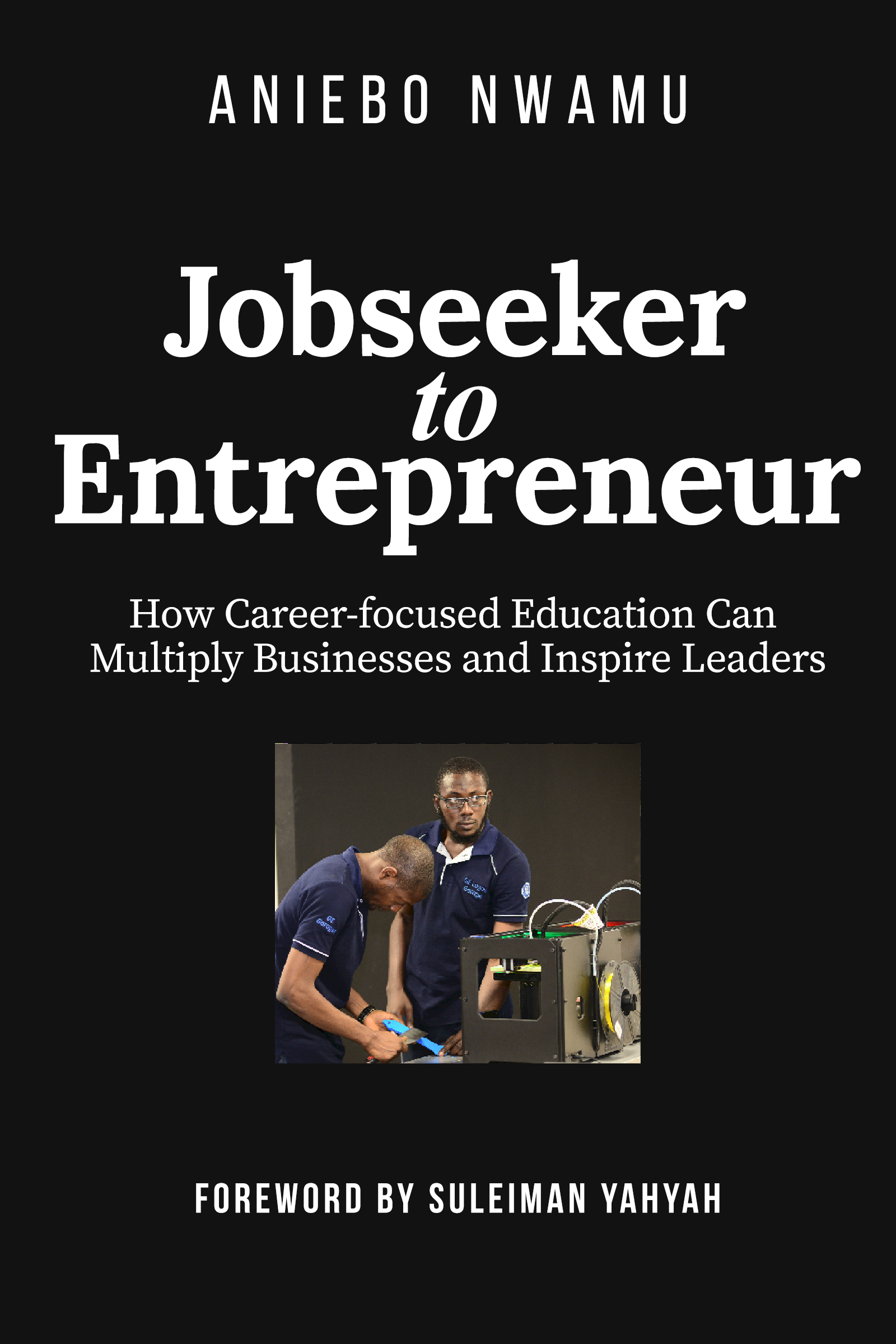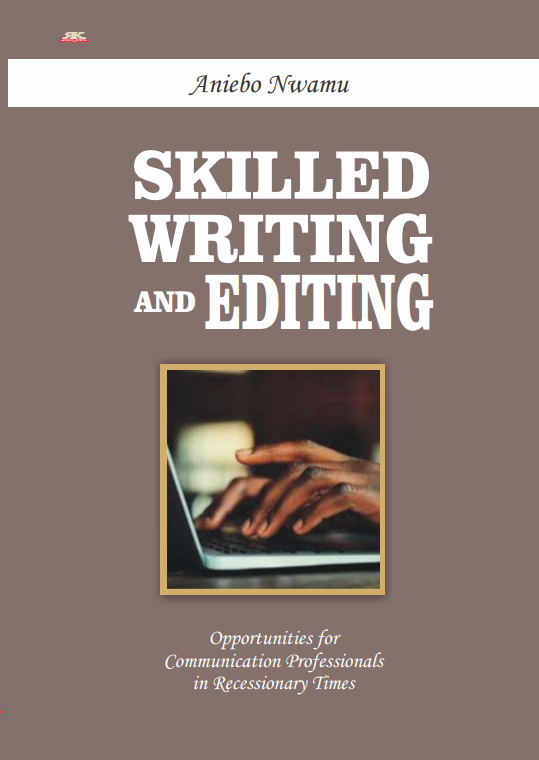Likely, President Muhammadu Buhari and his kitchen cabinet were not sincere about electoral reform when they set up the committee headed by former Senate president Kenechukwu Nnamani last week. The recommendations of a similar panel set up eight years ago, which was headed by Justice Muhammed Uwais, have not been put to use. Nor has Buhari gone through the recommendations of the 2014 National Conference as they relate to political/electoral reform. What, then, would the Nnamani panel prescribe that would be acceptable to Buhari?
I agree with those who say it’s a “job for the boys”. After all, no prescription of the panel would be useful until it’s ratified by the National Assembly. Where it would require a constitution amendment, then, the state assemblies might get involved too. And there would be no time to endorse it before the next general election.
There is a crisis of statesmen among the country’s helmsmen. They are mainly politicians who cannot see beyond the next election. Nnamani and his panel members may therefore be engaged in a futile effort because the politicians in the National Assembly and in Aso Villa are likely to kill any progressive idea that may be injurious to their political interests.
Justice minister Abubakar Malami even made a reference to “constitution amendment” while inaugurating the panel. This same 1999 Constitution, which lies in its very first sentence, has been amended in bits since 2001, yet nothing substantial has been done. The National Assembly has gulped billions of scarce naira for constitution amendment since then.
What Nigeria needs urgently is total reform. The toxic baggage we already have will not let any electoral reform germinate. I have always said that we missed it during military rule. If the jackboots had really been benevolent, they would have turned Nigeria around for the better, for they had the chance to take shortcuts. Selfishness didn’t permit them: states and local government areas were created so that their people could benefit from oil funds without working. But, as we’ve now found out, free oil money doesn’t solve problems. We must return to true fiscal federalism where regions would manage their own resources and contribute taxes to the central government.
I won’t waste more time rehashing all the needed reforms. Many of us have harped on them for the past decade or two. Nigeria will not move an inch forward until it listens to the voice of reason. Injustice runs deep in the land, and there cannot be peace if there is no justice. Had the leaders of Nigeria listened to the agitators for a “sovereign national conference” in the last 25 years, perhaps Nigeria would have started working. Perhaps, the thousands of lives lost to terrorism and poverty would have been saved. Perhaps the economy wouldn’t be looking as it does now.
The 24-member Nnamani committee should, however, make the necessary recommendations, whether they would be accepted or not. The key areas include the following:
*Removing the influence of money in elections. The current Electoral Act provides for spending limits in elections. Nobody has been caught, though almost every politician has violated the law.
*A provision barring the winner of an election from assuming office until the judiciary completes its job.
*An incumbent officeholder wishing to re-contest election to resign at least three months to Election Day.
*The voter register to be tied to national identity number and or biometric bank verification number (BVN).
*All political parties to use Option A4 in selecting their candidates for elections.
*With the aid of technology, all elections to hold in one day.
*INEC to discard ad-hoc staff; identifiable civil servants to be hired for election duties.
Constitution amendment is not part of the Nnamani committee’s brief, although the Office of the Attorney-General of the Federation called it a “constitutional and electoral reforms committee”. If need be, it should go beyond its brief by recommending:
*A part-time unicameral legislature at state and federal levels.
*Return to parliamentary system.
*Dissolution of 36 states and return to true federal structure – six-region structure.
*All public servants (including lawmakers) to be captured in the Grade Level 1-17 salary structure.
No job pays better than the one that delivers billions of naira effortlessly on a regular basis. A governorship candidate who spends N500million or more to “win” an election obviously knows his first duty on assumption of office. Why won’t he kill to win? And why won’t unemployed graduates and other frustrated young men fight for their candidates who could later appoint them as members of boards, ministers, commissioners, special advisers and senior personal assistants?
Politicians will stop keeping thugs and killing people when political offices become unattractive. Making politics and political offices unattractive should be the goal of the Nnamani committee.
–By ANIEBO NWAMU


